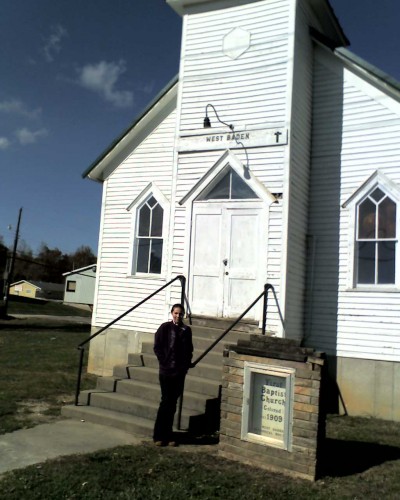I saw at least three potential novels yesterday—more than that, really, but three were fully realized. And when I say “I saw”, I mean that I witnessed three separate events, situations, and individuals who could be their own full length work of fiction.
Okay, let me say that in a different way. Life is full of story. Every person is a story. There is no story more complex than that of a person’s life, each life, everywhere. But as a novelist, some things always stick out. Little details. A look in the eye. A turn of phrase. You watch a man putting groceries in the trunk of a car, his kid is screaming, the mother is climbing into the front seat without paying attention to either of them—and there’s a story there. Or you read something in the news (boys in balloons, but that’s too strange to be true in fiction) and there’s a germ there of something you can play with; or you see a painting in a museum, or get chased by a bear, or find yourself poisoned by your cousin; and hey, story.
Or, there’s a church that’s being preserved by a local historical society; established for the African American community in 1909. The First Baptist Church. One hundred years old. Built to accommodate “the many black waiters, maids, porters, chefs, and other hotel employees who came to West Baden Springs from Kentucky, North Carolina, Tennessee, and other southern states.” A story in itself, and then you do more research, and you discover that the church, and the hotel that stood across from it (the Waddy)—and the whole area—was a key training ground for several premiere teams in African American baseball (and for Joe Louis). But those baseball teams? Formed from among African-America hotel employees who worked at big name hotels, such as West Baden—to provide entertainment for the guests. Some went on to play baseball exclusively. Others, not.
I was flipping around the television stations this morning, and hit a miniseries called INTO THE WEST. It premiered several years ago, and I remember it being vaguely depressing. I ran a search for episode-by-episode descriptions to see if it was really just as sad as I remembered. When I did that, I found a quote from one of the characters (and, by extension, the screenwriter):
“The only history a man knows for certain is that small part he owns for himself.”
I’d like to say that the rest is a good story (or not even that, on occasion), because the past is nothing but a story, once it is passed—we’re not living it, we’re telling what happened. But to use those words seems to cheapen the experience a little. “It was just a story,” people say. But no, it was someone’s life.
I suppose, however, that lives are just stories, and then time passes and the story and memory fades, or people die, and the folks who replace them have their own stories and experiences, and so on—until all that’s left are little churches that no one goes to anymore, and that are being preserved by folks who find its story to be of enough intrinsic value to preserve, even though it’s just an echo that not many people remember.
Anyway. People ask me where I get my ideas. If you’re a writer, you don’t ask that question. You’re too busy living.
